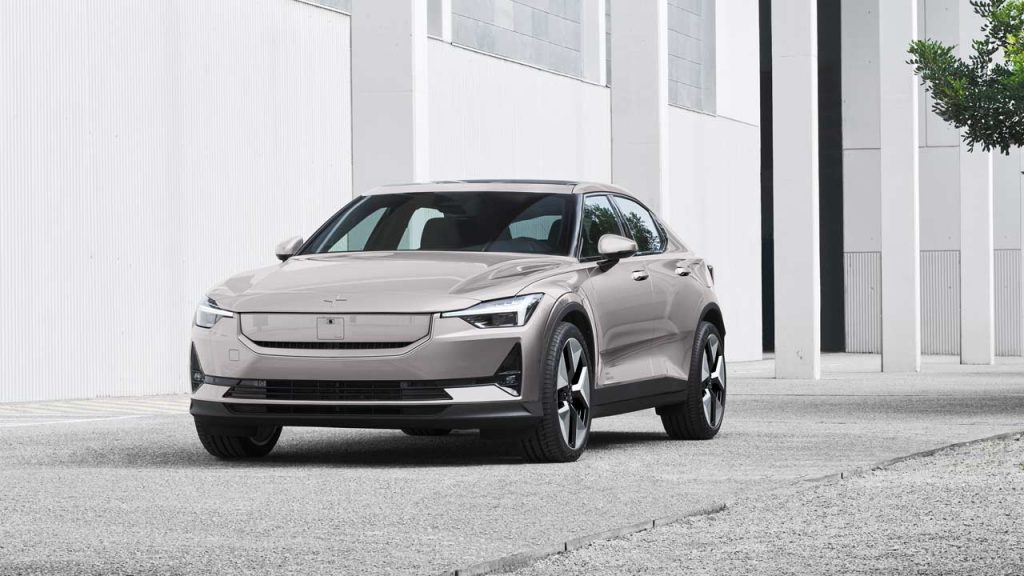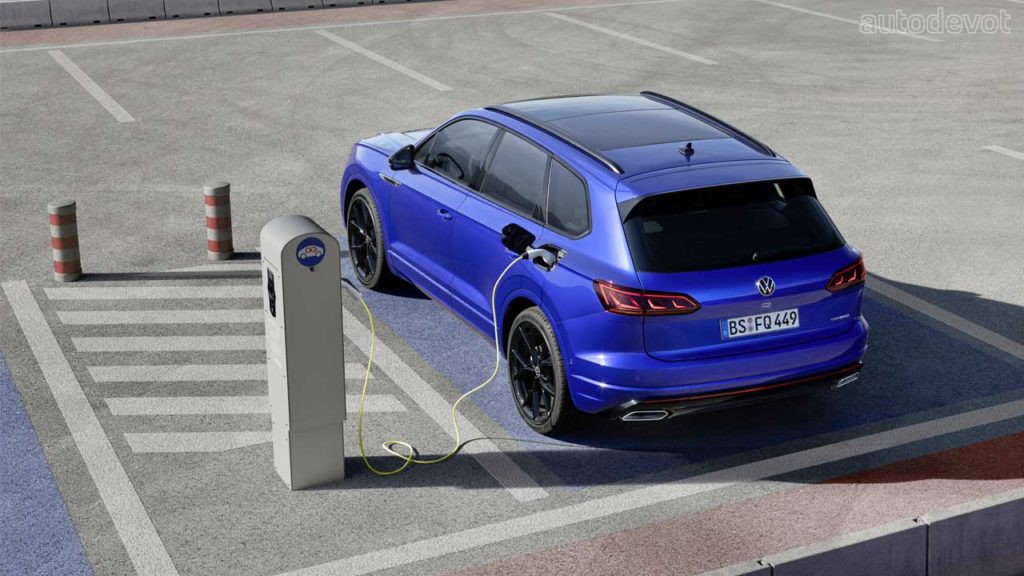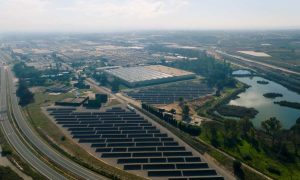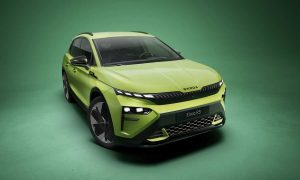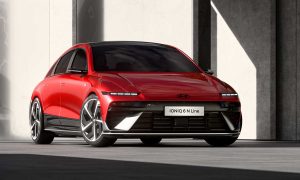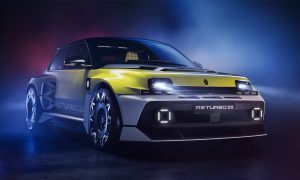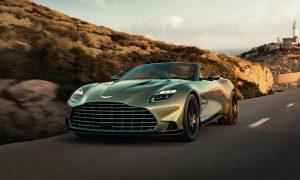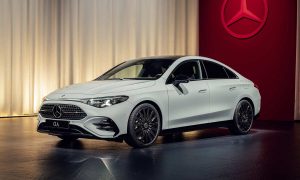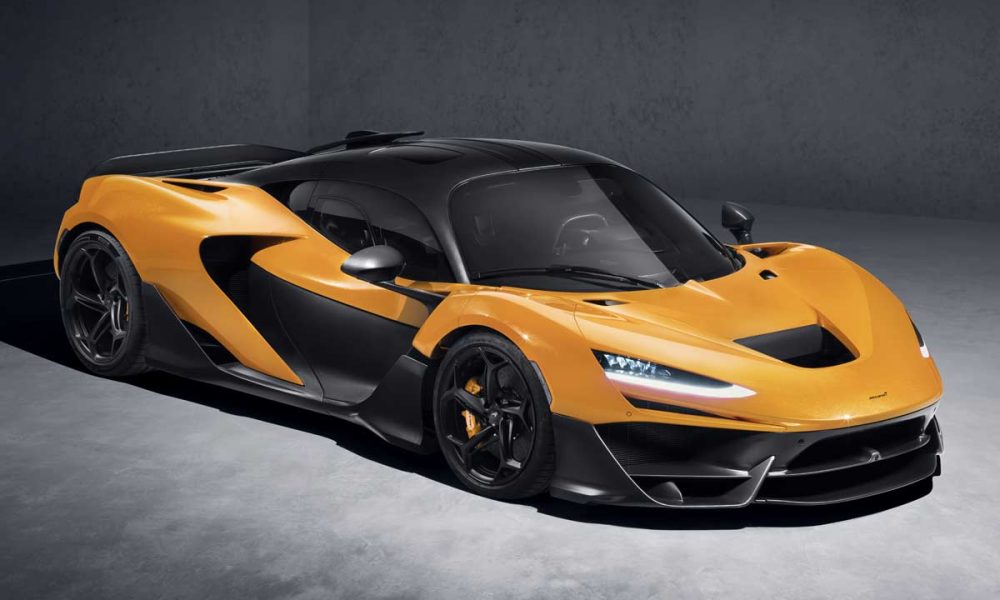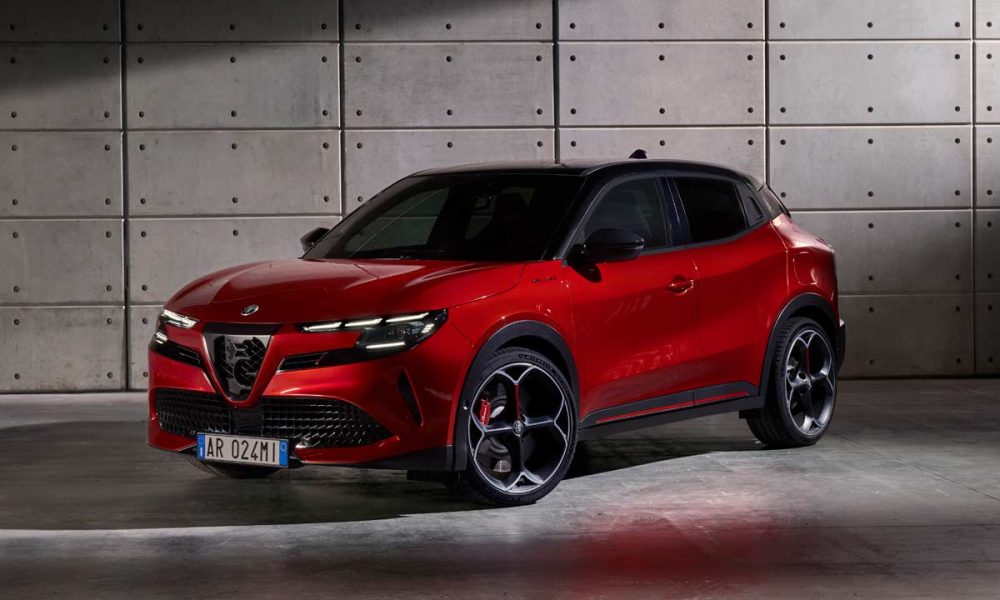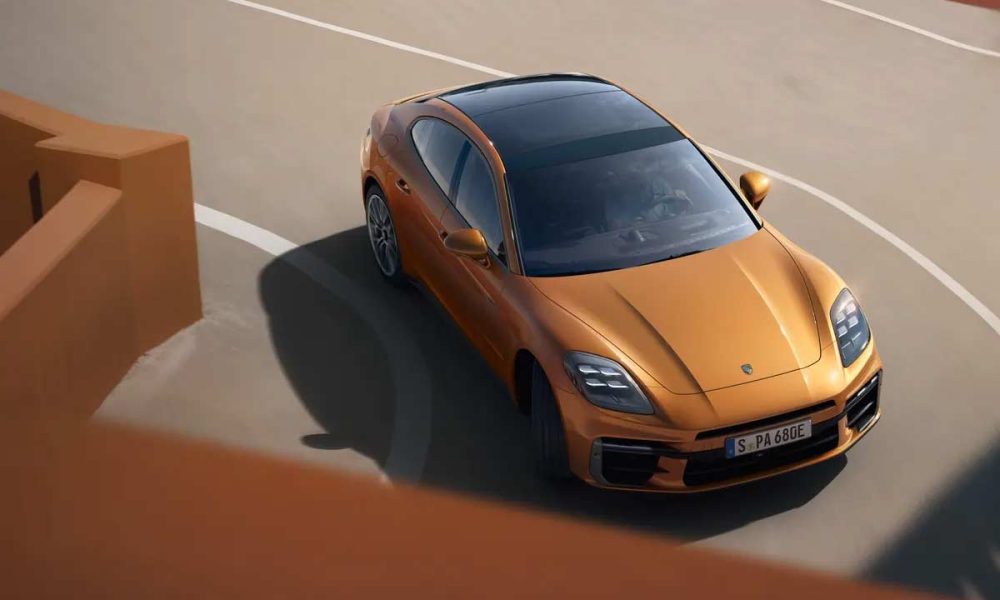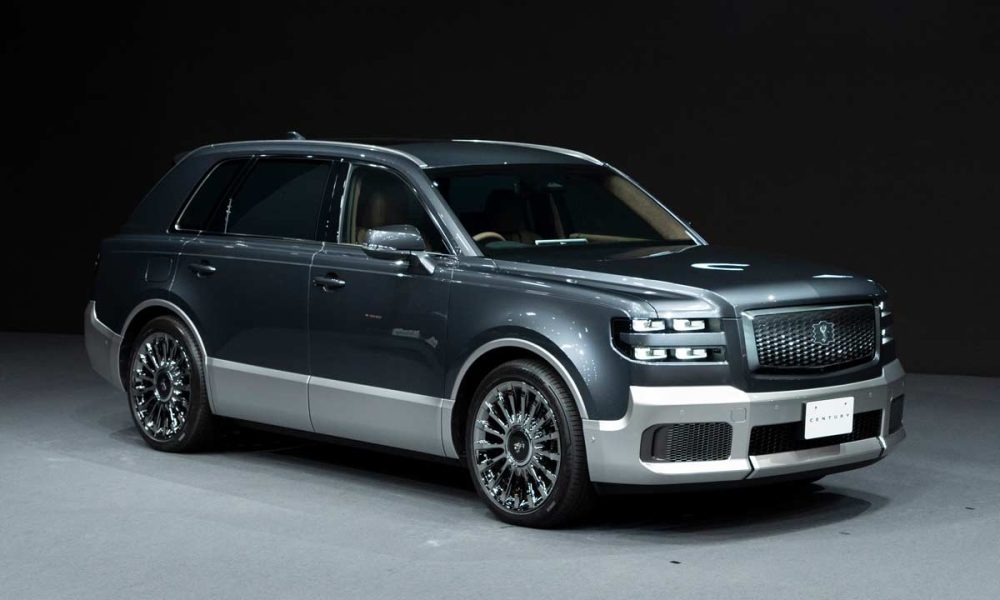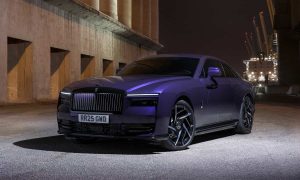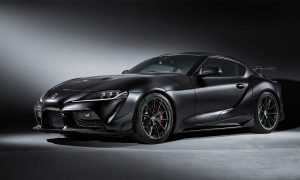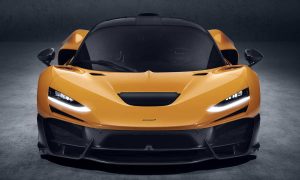Supercar/hypercar connoisseurs don’t need to worry too much
Well, it was just a matter of time, and I think this news shouldn’t come as a surprise to most of us. With 340 votes in favour, the Members of the European Parliament (MEPs) approved a ban on fossil fuel-powered new passenger cars and light commercial vehicles effective 2035. In sugar-coated EU terms, new cars and vans in 2035 need to have zero CO2 emissions, which in normal terms implies a ban on fossil fuel-powered vehicles. If it makes you feel any better, do note that there were 279 votes against this law and 21 abstentions.
And, intermediate emissions reduction targets for 2030 are set at 55% for cars and 50% for vans. The official statement also said that by December 2026, the EU Commission will monitor the gap between the emission limit values and the real-world fuel and energy consumption data, report on a methodology for adjusting the manufacturers’ specific CO2 emissions, and propose appropriate follow-up measures.
However, small volume manufacturers (1,000 to 10,000 new cars or 1,000 to 22,000 new vans in a calendar year) may be granted a derogation until the end of 2035, while those registering fewer than 1,000 new vehicles per year continue to be exempt. Which means, if you’re a billionaire car collector, you can probably still have a new V8- or V12-powered hypercar in 2035, if anyone continues to build them, of course.
The current zero- and low-emission vehicles (ZLEV) incentive mechanism, which rewards manufacturers that sell more such vehicles (with emissions from zero to 50g CO2/km, such as battery electric vehicles and plug-in hybrids), will be adapted to meet expected sales trends. From 2025 to 2029, the ZLEV benchmark is set at 25% for the sales of new cars, and 17% for new vans, and as of 2030 the incentive will be removed, the official statement added.
As for new heavy-duty vehicles (HDVs), the EU Commission proposes 45% emissions reductions from 2030, 65% from 2035, and by 2040, the combined HDV CO2 emissions need to be dropped by 90%. In simple terms, fossil fuel-powered HDVs will be banned in a phased manner. The Commission also proposes to make all new city buses zero-emission by 2030. Furthermore, the Commission proposed to install charging and hydrogen fuelling points at regular intervals on major highways: every 60 km (37 mi) for electric charging and every 150 km (93 mi) for hydrogen refueling.

Leave a Reply
Note: Comments that are unrelated to the post above get automatically filtered into the trash bin.

